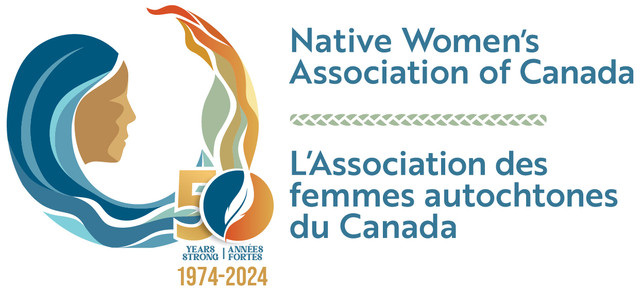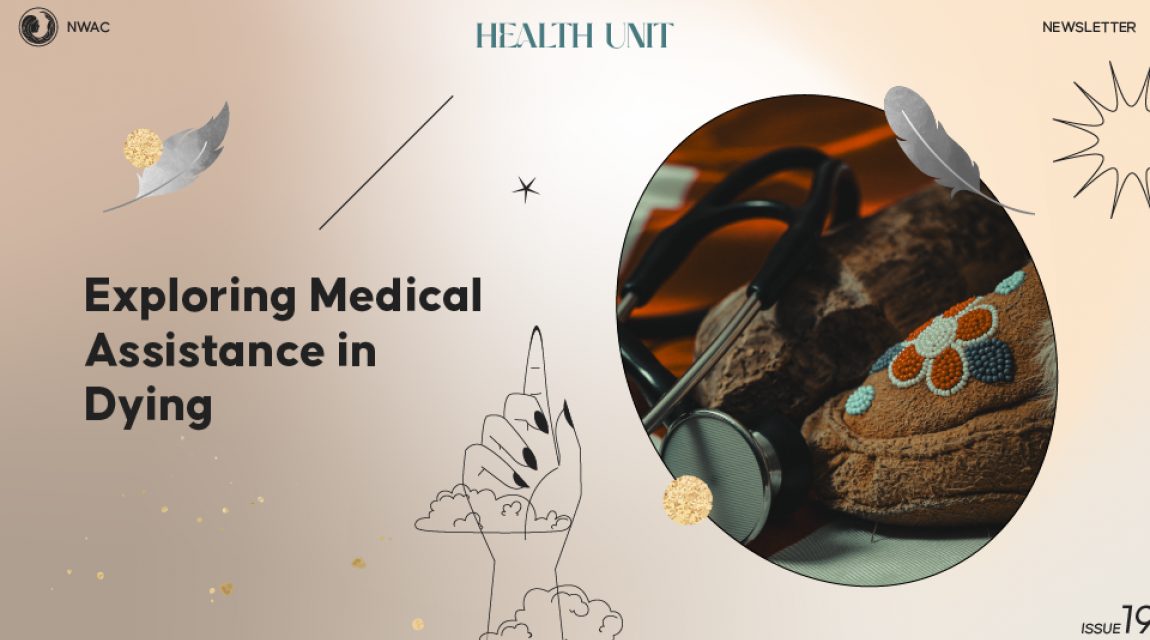Exploring Medical Assistance in Dying
The Health team at NWAC is working on a project on medical assistance in dying (MAID) and its impact on Indigenous women, Two-Spirit, transgender, and gender-diverse (W2STGD+) individuals in Canada. Funded by Indigenous Services Canada, this project is part of the federal government’s efforts to include Indigenous perspectives and experiences in the federal policy on MAID.
In collaboration with Indigenous communities and facilitated by our provincial and territorial membership associations (PTMAs), the team is exploring the unique challenges and perspectives surrounding MAID within Indigenous populations. Our goal is to explore issues related to the quality of care, accessibility, and potential coercion, while amplifying Indigenous voices and advocating for inclusive policies.
We first held sharing circles with Indigenous W2STGD+ individuals across Canada. The circles were held in British Columbia, Saskatchewan, Nova Scotia, and Ontario, and four more are planned. We also sent out surveys targeting both Indigenous W2STGD+ individuals and MAID practitioners. The survey for MAID practitioners will help us identify knowledge gaps among practitioners.
The results from both surveys offer insight into the challenges and perspectives that Indigenous communities have about MAID.
Initial findings highlight the impact of settler colonialism on shaping Indigenous views on this issue. We have identified significant gaps in information, resources, and access to MAID in Northern and remote Indigenous communities, as well as a lack of cultural relevance in current procedures. Survey results from MAID practitioners underscore the need for heightened awareness and training among practitioners.
Moving forward, we will continue to analyze data and engage with communities to address concerns that have been identified. Our aim is to develop targeted recommendations for policy-makers, practitioners, and academics that promote culturally competent approaches to end-of-life care for Indigenous W2STGD+ individuals.

